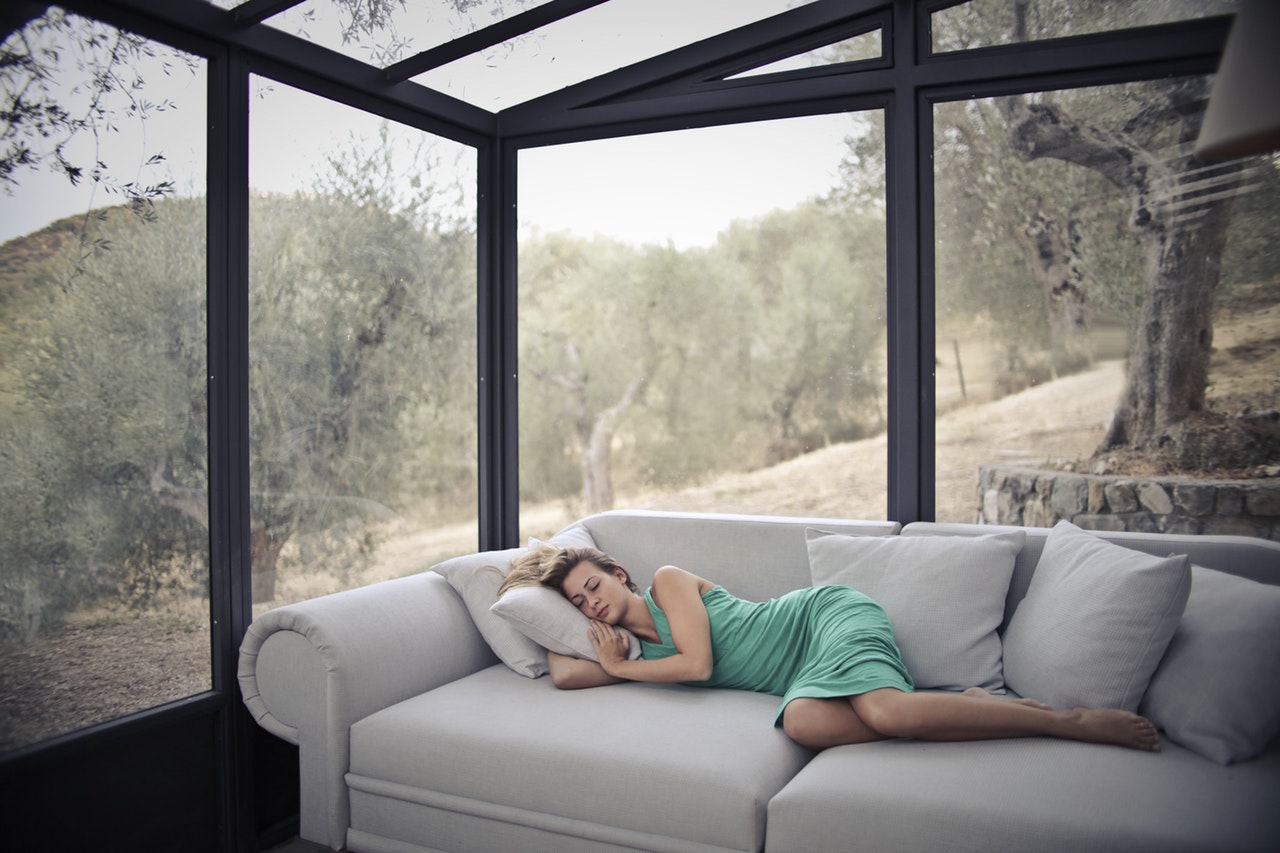
Question: “If you were to choose one thing to recommend for someone looking to improve their health, what would it be?”
Answer: Optimized Sleep.
Honestly.
The impact poor sleep has on your health is frightening. If we were talking about one or two bad nights, then no big deal. But very few people have truly optimized sleep. Of those who do, they are normally the leanest, most productive and suffer the fewest incidences of illness. But that’s just my anecdotal evidence.
Let’s look at some research and notable findings:
In a study, they looked at 24-year-old healthy men who slept less than 5 hours a night for 1 week. At the end of the week, they registered a 15% drop off in testosterone. That’s the same as aging 15 years in 1 week. Again, not good for your fat loss and strength goals.
In another sleep study, 120 of young athletes (grade 7-12) increased chances of injuries have been shown to be related to sleep less than 6 hours the night before the injury occurred – 1.7x greater risk compared to athletes that got 8 hours. And, one thing we know for sure, there is an ever-growing incidence of injury in teenagers. Now, that may be attributable to other such factors, like sitting for long periods and technology, but there is mounting evidence for sleep been a huge contributor.
Looking at the research, getting anything less than optimal sleep for you, prevents you from metabolizing carbs as well and therefore you tend to crave them the next day. Carbs are not the enemy, but you unlikely going to crave sweet potato and brown rice, now are you? Not great for your fat loss goals.
People often blame their lunch on being so sleepy between 1and 3 pm, but actually, the research shows they are suffering from sleep debt. Sleep debt is when you go days and months not getting enough and /or adequate sleep. So, if you need 8 hours but only get 6-7, over the course of days and weeks you accumulate SLEEP DEBT. You can, however, payback up to 50hours. Most people owe hundreds and thousands and will never be able to pay it all back. A Sleep Foundation 2000 Omnibus Sleep in America Poll found that only one-third (33%) of adults say they get at least the recommended 8 h or more of sleep per night during the workweek; and one-third (33%) of adults say they get fewer than 6.5 h of sleep per night during the workweek.
Which leads me to brain health.
During sleep, the brain “bathes” itself with cerebrospinal fluid to get rid of waste products and toxic proteins (one that accelerates the aging of the brain and causes brain-related diseases such as Alzheimer’s, and neurological issues.) If that isn’t enough to get you to bed, then I don’t know what is.
No matter the health or fitness goal, more and improved sleep will only improve your success.
So, how do optimize my sleep?
Let’s look at your environment, current habits and some “hacks” for the getting a good Kip.
Keep the room dark and use blackout curtains. You can buy these easily and they’re a game changer, especially if you have street lights in your neighborhood. We’re looking to minimize anything that could disrupt you from getting to sleep and remaining asleep. If you travel a lot, carry a chip clip with you for the hotel or guests’ curtains.
Keeping the internal house temp @ 67 degrees appears to optimal and is associated with improved sleep quality (duration, incidences of waking and sleep cycle quality). most studies agree that a temperature between 60- and 67-degrees Fahrenheit is optimal for sleeping, with temperatures above 75 degrees and below 54 degrees disruptive to sleep. You can always check out Chilipad if you’re needing additional help.
People worry about blue light and rightly so, so no screens like laptops, tv’s, phones etc.in the bedroom are the right approach. But, don’t forget about the light in the bathroom which affects just you minutes before you hop in bed. With that said, you can purchase some incandescent light bulbs for bedrooms/bathrooms (for around bedtime). And, get ready for bed 30-45mins (so teeth brushed, shower etc.) so you’re in and out of light and temperature fluctuations too close to sleepy time.
If you are a worrier and spend much of the night in a restless panic, I recommend starting a brain dump before bedtime. Basically, grab a pen and paper and write all your thoughts and worries down. This is great for getting your looping troubles out your head. A lot of people will also create their to-do list and the sense of organization helps them sleep easy.
If possible, track your sleep. There are some pretty cool pieces of tech and watches that monitor your sleep patterns. Looking at a 7-day average. you should look to get more than 8 hours per night, with no more than 7 interruptions per night.
Naps are GREAT! And, yes, they do contribute to your overall sleep for the day. If you can work them in, do it.
And finally, THE BEDROOM IS NOT AN OFFICE and should be reserved for 2 things only.
Remember, like any new habit, it takes time to master, but the long-term health benefits of quality sleep are well worth the short-term pain of the developing new habit.
References/Sources:
https://www.ncbi.nlm.nih.gov/pubmed/25028798 https://www.ncbi.nlm.nih.gov/pmc/articles/PMC3018785/ https://www.ncbi.nlm.nih.gov/pmc/articles/PMC4734149/ https://www.ncbi.nlm.nih.gov/pmc/articles/PMC534929/ https://www.ncbi.nlm.nih.gov/pmc/articles/PMC3583885/ https://academic.oup.com/brain/article/124/8/1482/479942



